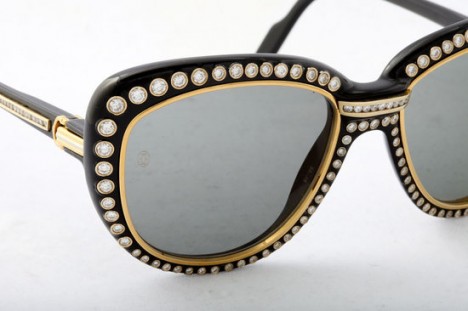What will be the future of fashion?
The future of fashion is a dynamic and ever-evolving landscape, driven by various factors such as societal changes, technological advancements, and sustainability imperatives. While it is impossible to predict with certainty what the future holds, several trends and possibilities can be anticipated:
Sustainability and Circular Economy:
As environmental concerns continue to grow, the fashion industry is shifting towards sustainable practices. This includes using eco-friendly materials, adopting circular economy models, reducing waste, and embracing ethical production methods. Brands are expected to prioritize transparency, responsible sourcing, and the incorporation of sustainable innovations, such as bio-based materials and recycling technologies.
Technological Innovations:
Technology will play a crucial role in shaping the future of fashion. Advancements in areas like 3D printing, virtual reality, artificial intelligence, and wearable technology will drive new possibilities in design, production, retail, and consumer experiences. Customization and personalization will be enhanced through virtual try-ons, AI-driven styling recommendations, and smart garments that integrate technology seamlessly.
Digitalization and E-commerce:
The rise of e-commerce will continue to transform the fashion industry. Online shopping, mobile apps, and social media platforms will become even more integral to the consumer shopping experience. Virtual fashion shows and digital presentations may become common, enabling global access and interactivity. Fashion brands will focus on creating immersive digital experiences that engage and connect with consumers.
Inclusivity and Diversity:
The future of fashion will be more inclusive and diverse, representing a broader range of body types, gender identities, ethnicities, and cultural backgrounds. Fashion brands will embrace inclusivity in their marketing campaigns, product offerings, and runway shows. Adaptive and accessible designs will gain prominence, ensuring that fashion is accessible to individuals with disabilities.
Ethical and Conscious Consumerism:
Conscious consumerism will continue to shape the future of fashion. Consumers are becoming increasingly aware of the social and environmental impact of their fashion choices. They will seek out brands that align with their values, prioritize ethical production, and demonstrate transparency. Secondhand shopping, rental services, and clothing sharing platforms are likely to gain more popularity as sustainable alternatives.
Collaboration and Cross-industry Partnerships:
Collaboration will be key for driving innovation and addressing complex challenges in the fashion industry. Fashion brands, technology companies, scientists, and sustainability experts will collaborate to find solutions for sustainable materials, supply chain transparency, and ethical labor practices. Cross-industry partnerships, such as fashion and tech collaborations, will lead to new product offerings and experiences.
Resurgence of Craftsmanship and Slow Fashion:
As a response to fast fashion’s negative impact, there will be a resurgence of craftsmanship and a focus on quality, timeless pieces. Slow fashion movements, emphasizing durability, artisanal techniques, and ethical production, will gain momentum. Consumers will embrace the idea of investing in fewer, but higher-quality garments that align with their personal style and values.
While the future of fashion will undoubtedly be influenced by these trends, it will also be shaped by unforeseen developments and shifts in societal attitudes. Fashion will continue to evolve, adapt, and surprise us with new expressions of creativity and individuality. Ultimately, the future of fashion holds immense potential for sustainability, innovation, inclusivity, and conscious consumption.







